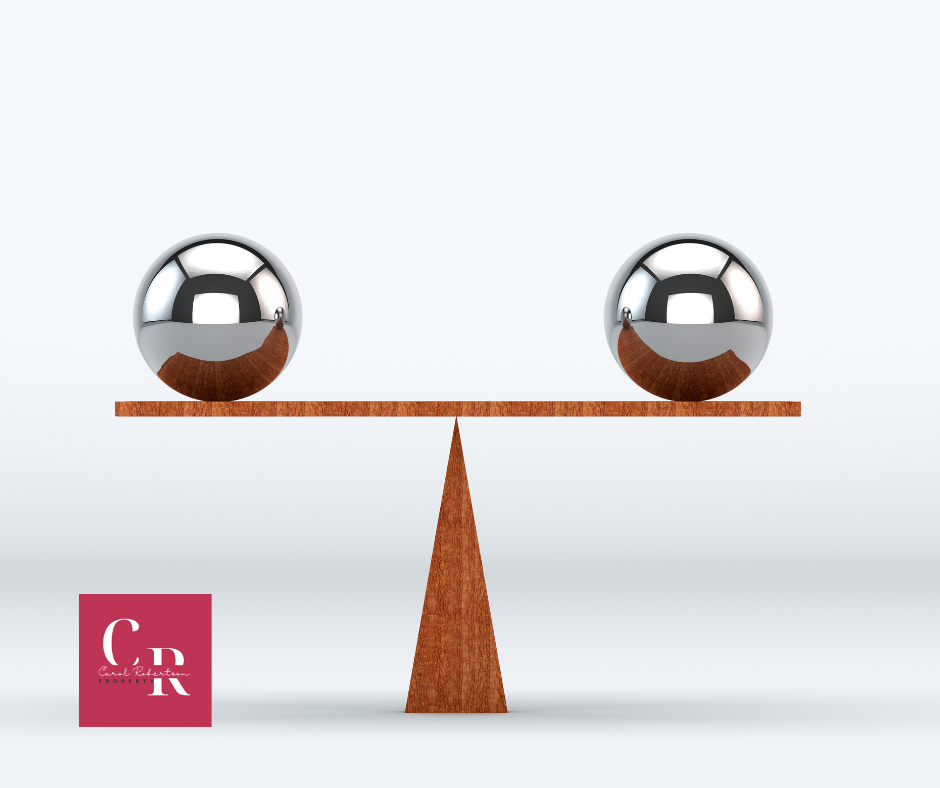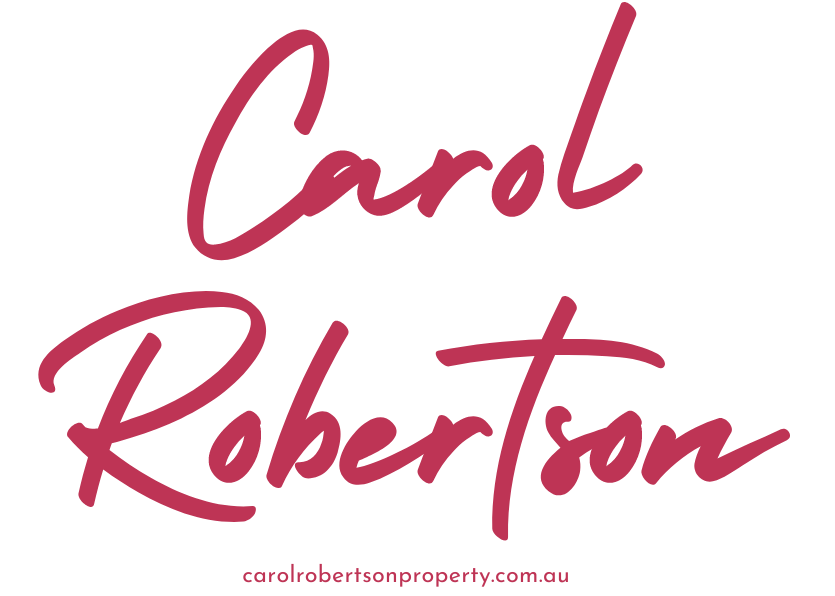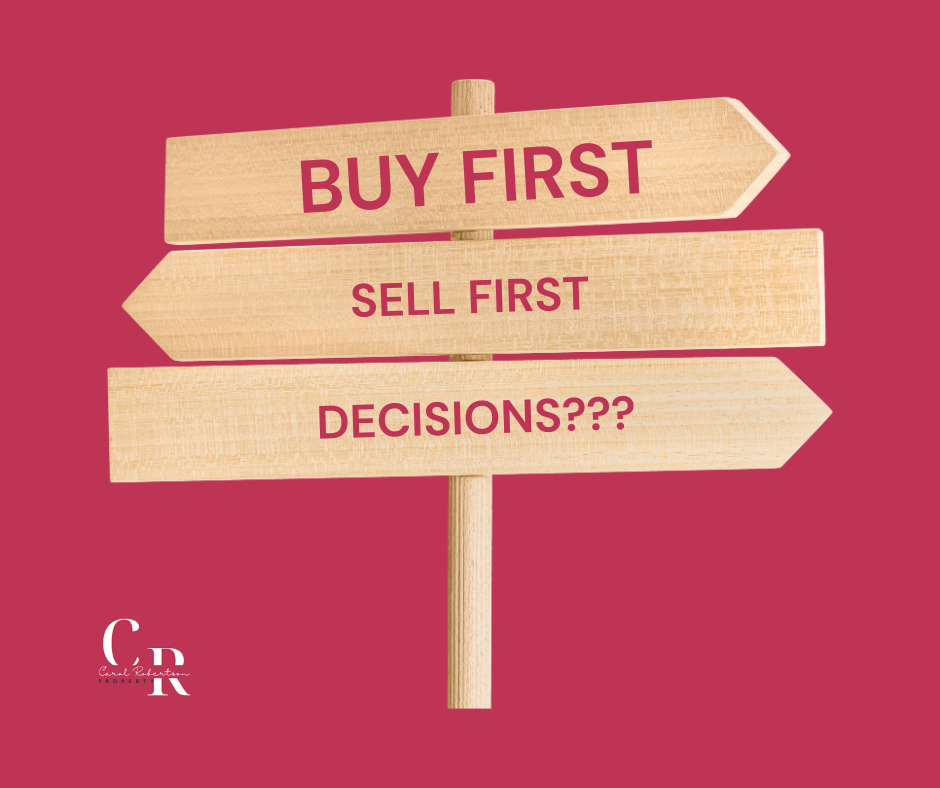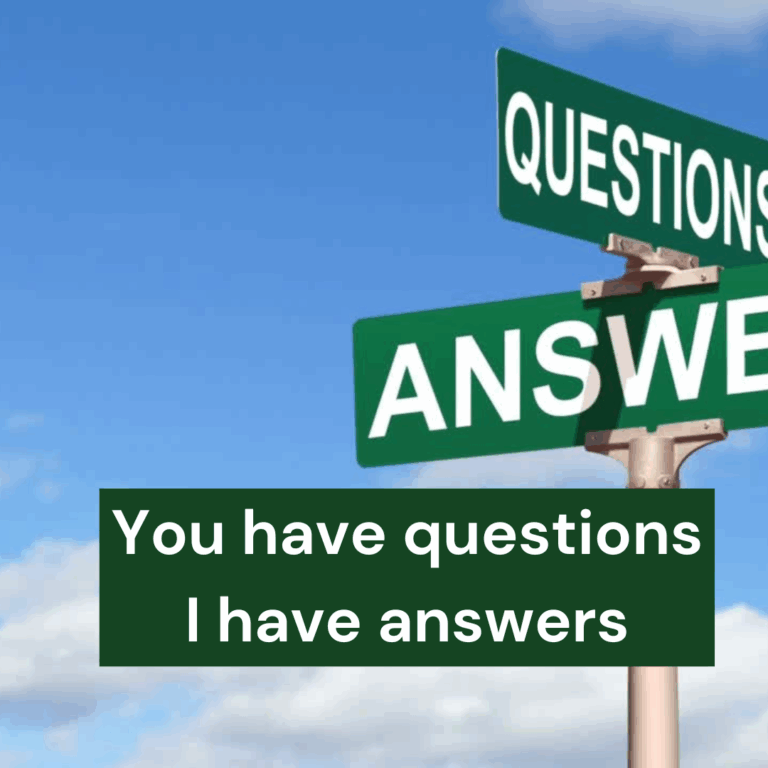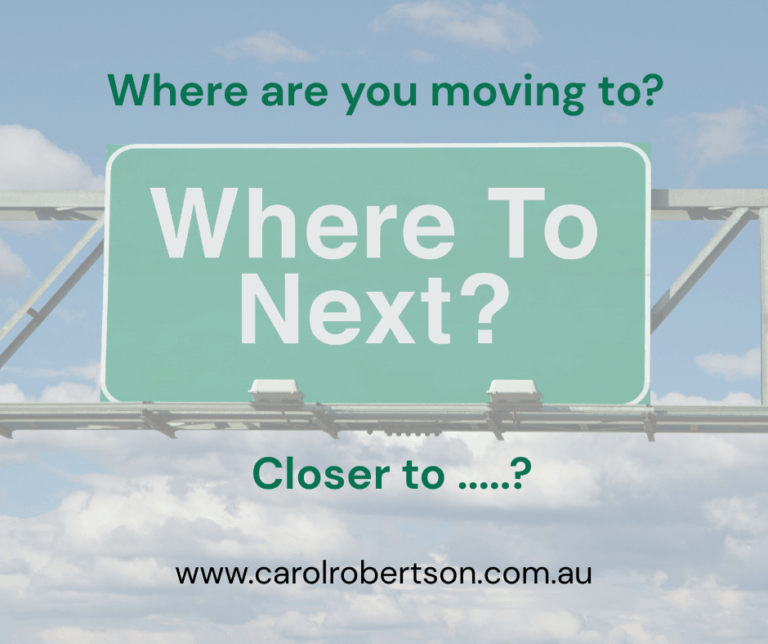Buy First, Sell First?
Buy First, Sell First, Which one is right for you?
The dilemma, do you buy your next home before you sell or do you sell your home first and then buy?
It is a dilemma when you get to a certain age particularly if you will need to borrow. Although you may have alot of equity in your home, the lenders still want to know your exit strategy – what happens if you stop working, how will you pay off a loan, what happens if something impacts on your ability to earn, basically, the lender wants to know how you are going to pay them back.
If you buy first and then sell and the settlements don’t align, can you get a bridging loan.
If you sell first and then buy, you will know your limits and hopefully will be cashed up and ready to buy without finance.
BUY FIRST
If you buy first.
We would all prefer to buy first. We want to know where we are going, to have a continuous roof over our head of our choice.
The decision to buy first becomes a bigger problem when you do the wise thing and get a long settlement. You put your home on the market, confident in the saleability of your home and the price you will receive. You have plenty of time up your sleeve. But do you?
The real estate market is not a sure thing. Sometimes for no apparent reason, the market can stall. There are buyers out there but they are not buying what you are selling.
You change your price, once, maybe twice and still no offers. What do you do? You are committed to your new home, you have paid a substantial deposit (usually 10% of the Contract price). You are no longer selling for your expected price, you may be selling for significantly less.
Do you forfeit your deposit, give up on your next home dream? What other costs might be there if you stay put and abandon your contract on your new home? Do you drop your price until you feel it’s bargain basement? How many can afford to do this? Of course, the price you have on your home is a ‘guess’ price, a marketing price and the buyer will bring an offer that reflects where they see value.
Tips
- Be ready to go on the market without delay.
- Try and pay 5% deposit rather than 10%
- Check the contract for default clauses
- Know exactly what you would be up for financially if your next home sale does not proceed.
- remember other costs such as Stamp Duty
SELL FIRST
If you sell first.
You know how much money you can spend on your next home.
You know when you have to be out of your current home.
You have been advised to sell and buy in the same market. For example: you have sold in a balanced market and you hope to buy in a balanced market or even better, in a buyers market. What you don’t want is to sell in a balanced market and the market takes off and becomes a sellers market*.
How will you pay for your next home if you know what you want and it is no longer financially viable? Do you downgrade your choices? Do you decide to rent for a while until the right home becomes available? Do you go travelling for a while and keep an eye on the market?
The good thing is the stressful selling part is over and you have a confirmed budget and move-in time. You could rent your next home out and move in with your kids for a while to save money (I am sure that will be a popular choice but I can see some merit in it) The rent would hopefully cover your expenses and also hopefully you won’t have a mortgage on your next home. It will need to be considered from a taxation point of view so don’t leap into this option without checking with your accountant and financial planner first.
Research your desired area, research in more depth when you go on the market, know what you like and dislike, know the pricing and usual time on market. Be prepared to act swiftly to buy once your current home has been unconditionally sold and the deposit has been paid.
If you can line up your Settlements to ensure your sale settlement happens before your next home settlement, and as close as possible, then you should be fine financially (depending on your situation).
Variables When Buying (or Selling) Your Home
There are a few blanks to fill in a contract when you buy, the variables shall we say. They are usually Price, Deposit, Settlement, Special Conditions such as finance, building and/or pest inspections
The Real Estate Market
Real estate markets;
- Sellers – more buyers than there are sellers
- Buyers – more sellers than there are buyers
- Balanced – an equal number of sellers and buyers.
The market may depend on your location, it will be influenced by external factors that you have no control over.
Check out my Resources page for more information
